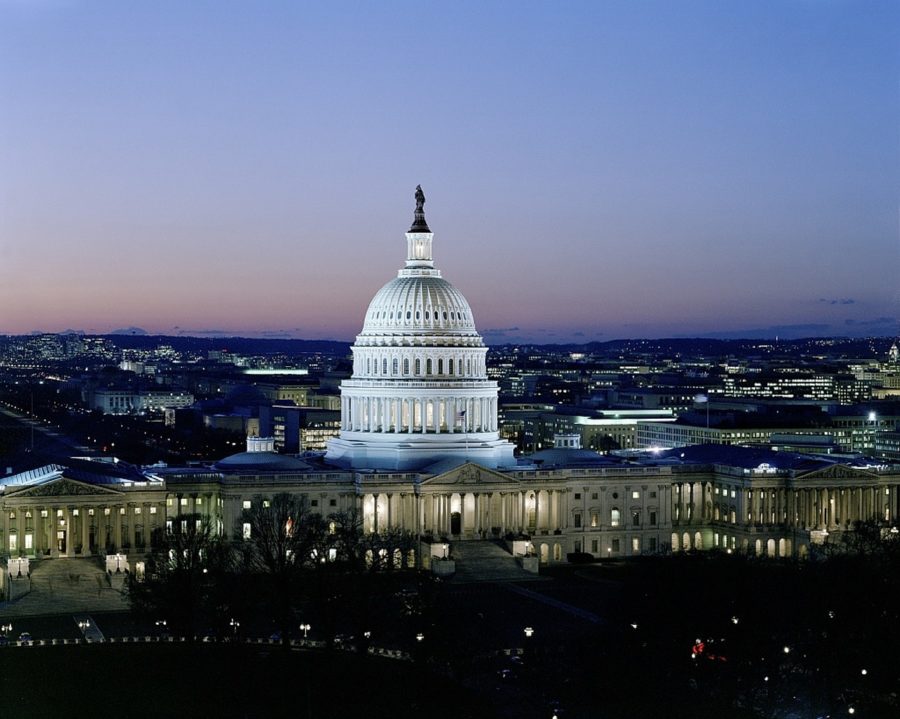Editorial: Generation Z will influence the upcoming presidential election
The ISD Editorial Board explains the immense impact millennials and Generation Z can have in determining this upcoming election’s results, but only if they decide to be politically active.
June 29, 2020
Young voters will have a massive impact on the 2020 election, at least if they show up at the elections.
Teenagers to young adults are becoming more politically active than in years past and have already shown to be a driving political force in the 2018 election. Social media’s political power indicates that young voters can become more politically active than previous generations, and even those under the voting age can still project their voice in politics.
Young voters can heavily affect the upcoming election and other political dealings in the coming months. In 2018, midterm voter turnout reached a modern high, with Generation Z, millennials and Generation X narrowly outvoting baby boomers and prior generations. These younger generations cast 62.2 million votes in the 2018 elections, compared to 60.1 million cast by baby boomers and older generations. Millennials and Gen X together cast 21.9 million more votes in 2018 than in 2014, and 4.5 million votes were cast by Gen Z voters, all of whom have turned 18 since 2014. This shows that younger generations are becoming more politically engaged than in years past and will continue to be driving forces in the upcoming election.
At the time of the 2020 election, one out of 10 eligible voters will be members of Generation Z. This is a significant increase from 2016 when Generation Z made up just 4 percent of eligible voters. These voters are projected to be more racially and ethnically diverse than their predecessors, which should further empower younger and more diverse generations. Young generations are more likely to use social media, with 88 percent of people between the ages of 18 and 29 using at least one social media platform and 66 percent of social media users having used these sites to engage in some civic or political activity.
Last weekend, President Donald Trump’s political rally in Tulsa, Oklahoma, reaffirmed the political power this upcoming generation has. TikTok users and other teenagers registered for an estimated 2 million tickets for the rally but did not attend.
While not actively doing much to affect the number of people who participated in the rally, as there was no capacity on ticket registrations, those that participated in the prank inflated the number of attendees to the rally. However, the prank served to play a part in tricking the Trump campaign into publicly bragging about a massive crowd that never existed. This political stunt shows how easily social media can mobilize voters and politically active individuals, especially those from younger generations.
Social media remains an excellent mode for younger generations and ineligible voters to use a platform to make their voices heard and encourage others to do the same. Teenagers who use Twitter, Instagram or other social media platforms are more likely to be civically engaged.
Social media is utilized by young people to deepen their political engagement by connecting with peers, organizations and political candidates. Youth voters who obtain election information are more likely to vote. Social media connections are one of the primary ways to receive it, with 54 percent of youth who heard about elections on social media being the most likely to vote. Social media can help young voters educate themselves on current news and political matters.
Younger generations and voters remain an essential part of the electorate and will affect the upcoming election through political engagement and social media. These new voters will have a drastic change in how political power is used and what politics means to current leaders. Young voters: use your voice.







